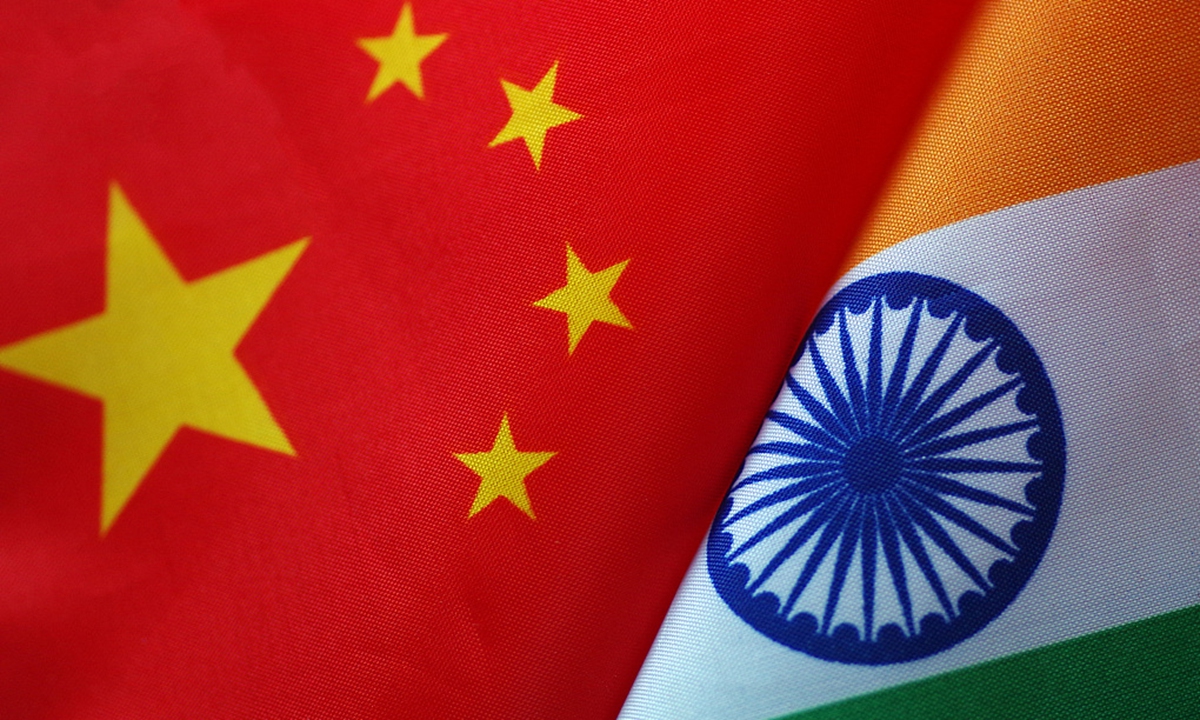India bans more Chinese apps, further damping confidence of foreign investors: expert

China India. Photo: VCG
India banned 43 more smartphone apps on Tuesday including some related with Chinese tech giant Alibaba Group, even after it recently eased foreign direct investment (FDI) policies.
The mixed signal reflects differences between India's departments, and will make foreign investors more cautious toward the vast market, experts told the Global Times on Tuesday.

Photo: VCG
The 43 apps are mostly of Chinese developed, and include Alibaba's e-commerce app Aliexpress, AliSuppliers Mobile App, Alibaba Workbench, Alipay Cashier and DingTalk, an enterprise communication and collaboration platform that has been popular during the COVID-19 pandemic. India's technology ministry cited so-called threatens to the "sovereignty and integrity of India."
Alibaba made no comments when reached by the Global Times.
Alibaba is a big investor behind Indian start-ups such as Paytm and online grocer BigBasket.
In September, 118 Chinese apps were banned by Indian authorities under the guise of "national security threat," including Baidu, AliPay, WeChat Work and popular mobile game PUBG. Altogether 224 Chinese apps have been banned by India. Fifty-nine were banned in June and 47 in July.
"Compared with battering real trade and economic ties with China, taking aim at mobile apps seems much easier and means less harm to itself," Qian Feng, director of the research department at the National Strategy Institute at Tsinghua University, told the Global Times on Tuesday.
The move also reflects the self-contradictory attitude inside India toward China - it badly needs Chinese investment but it wants to grow its own industries, according to Qian.
"However, such a tangled mindset will restrict India's long-term development. And it will make foreign investors more cautious due to policy uncertainties, which is not at all helpful for its economic recovery post COVID-19," said Qian.
The Economic Times reported last week, citing government officials, that India is considering a plan that would allow, without government scrutiny, up to 26 percent FDI from countries with which it shares a land border including China, which was seen as a subtle sign of improvement in China-India relations.
Qian said some Indian local app firms lobbied the government to further restrict Chinese apps, and that has helped the local apps to mushroom.
"First thing tomorrow morning I will seek a substitute app so we can maintain communication with our clients in India, but there are really few choices developed by Indian firms," Sha Jun, executive partner in the India Investment Services Center of Yingke Law Firm, told the Global Times on Tuesday.

